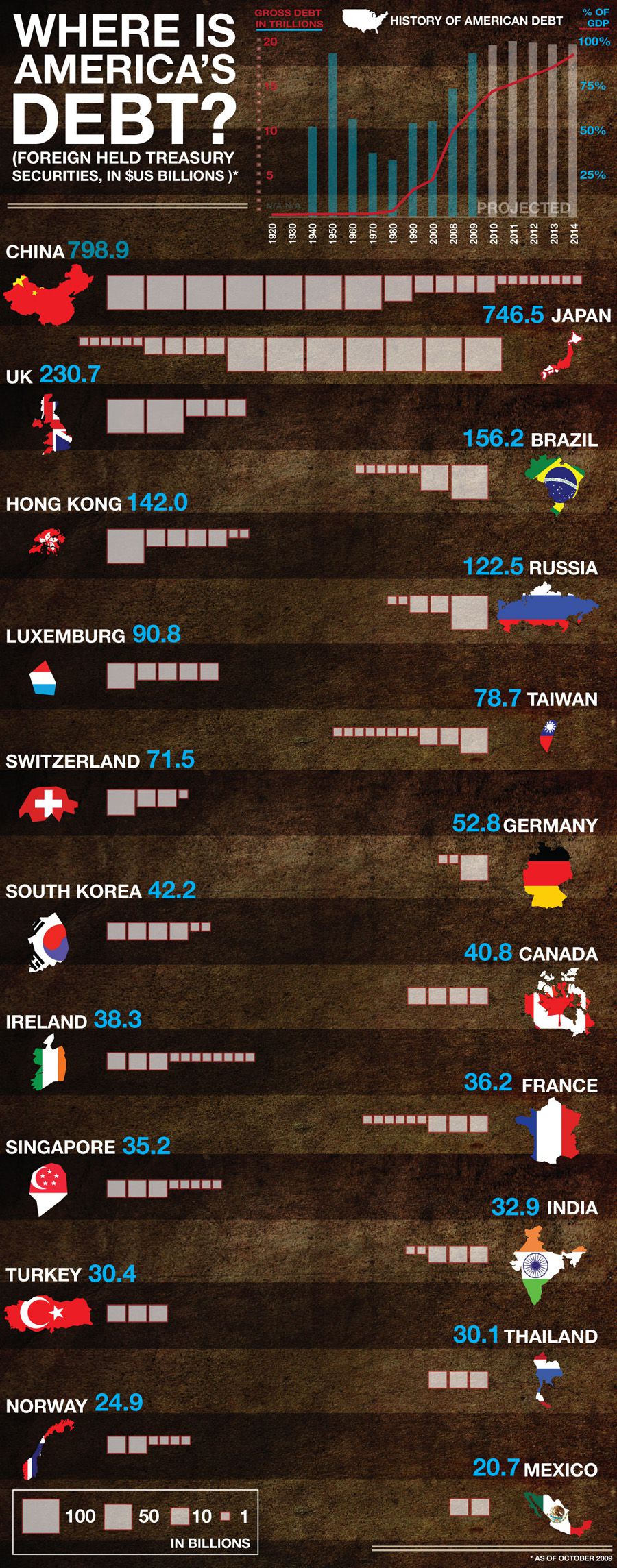
So everyone's all concerned about things blowing up, and it always acts as a great shock to people who trust the official statistics that normally say everything's fine (because it's not in the interests of anyone in power to report otherwise). This leads in large part to conspiracy-theory thinking, the "someone's evil" reflex of caveman-thinkers (who, in that much simpler time, were correct nine times out of ten); but we're supposedly more enlightened folks who can address the symptoms of systems that're out of whack: hence my simple hypothesis -- whether we're talking about banks, corporations or countries, those entities with the largest ratio of hidden to declared liabilities die first. In the corporate world, the financially "innovative" behemoth, Enron, who first figured out how to hide their indebtedness behind SIVs (which earned their CFO "CFO of the Year") was the first to go. Similarly, tiny Greece, with 1/4 of its population working for the government and, as a result, very little economy to speak of, has plunged first in the looming sovereign debt crisis saga. If my hypothesis is correct, then before looking at Italy (one of the so-called "PIIGS"), expect France to hit the rails first.
The fix for this, of course, since most of the net liabilities in all these nations are in social spending like pensions, health-care, &c., is to either reduce these liabilities or else to declare them and curtail current spending appropriately. These two forms of political suicide, "betrayal of trust" and "austerity measures" are such a Scylla and Charybdis for politicians that I suspect we'll get to see if my hypothesis is correct.
